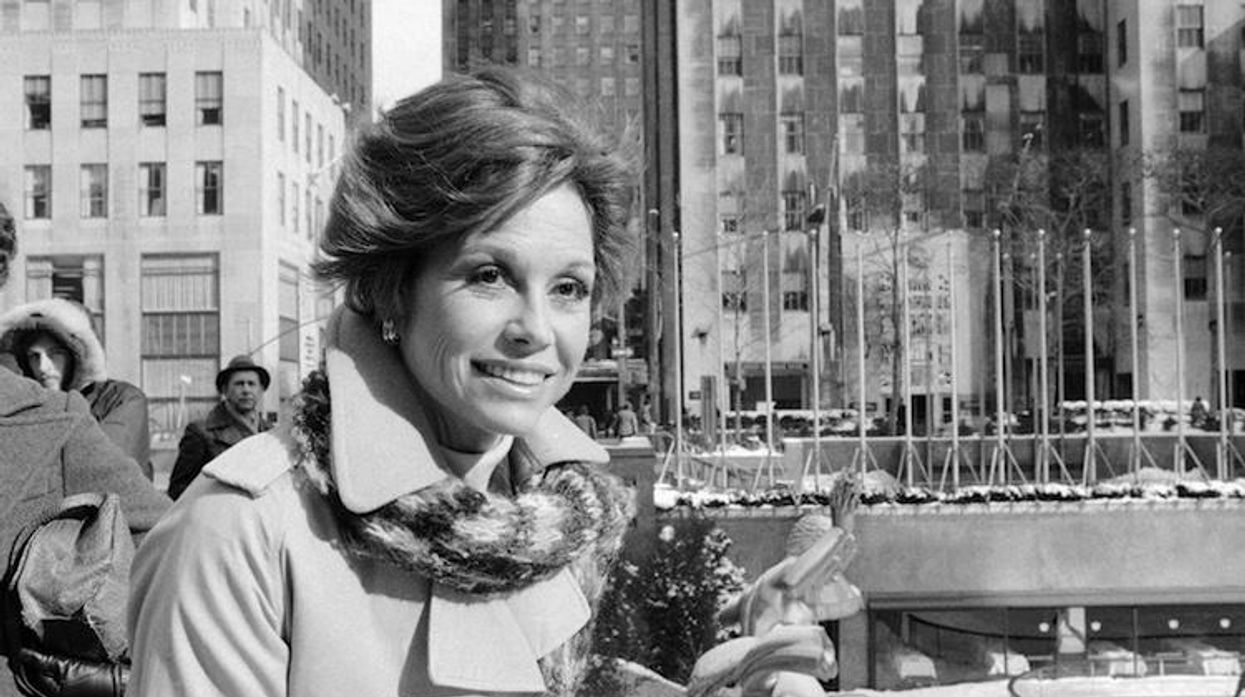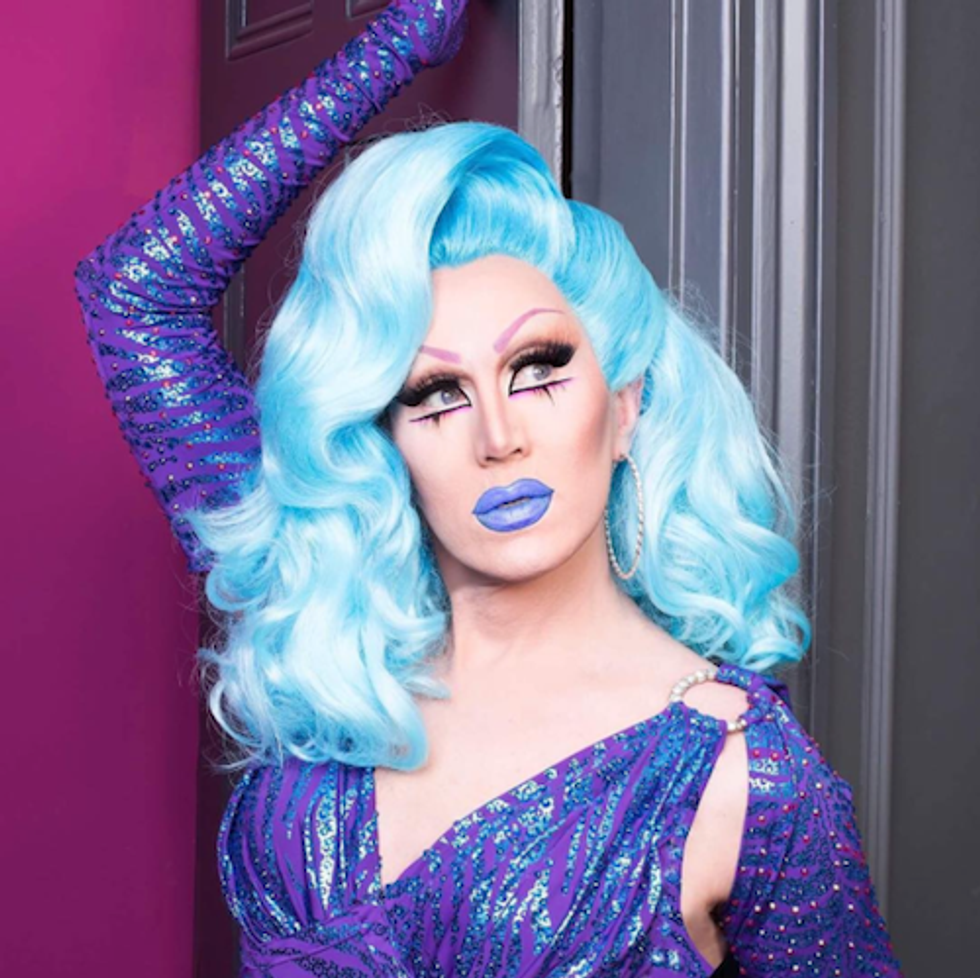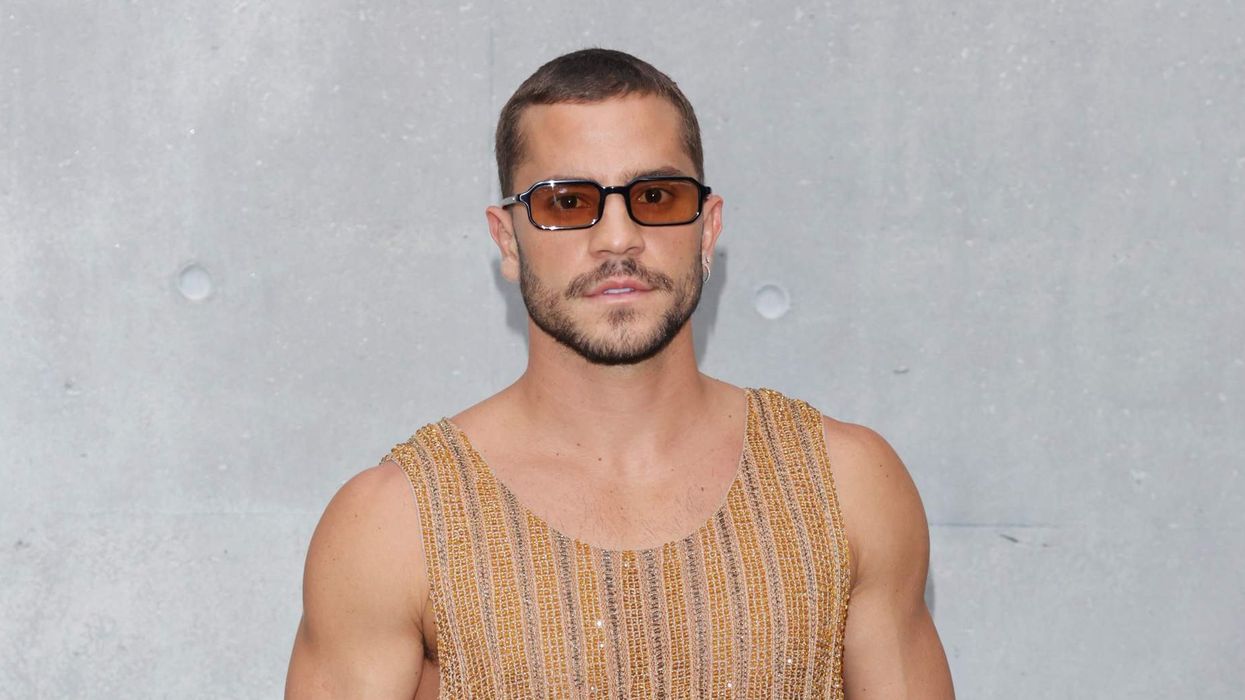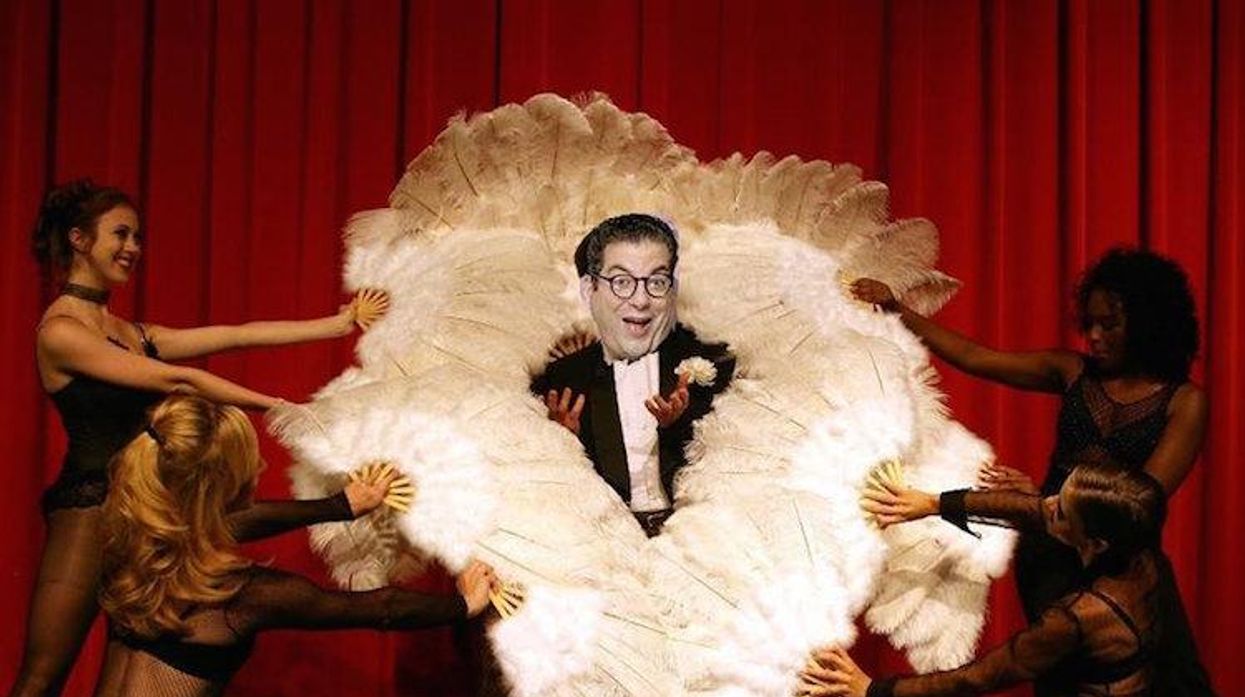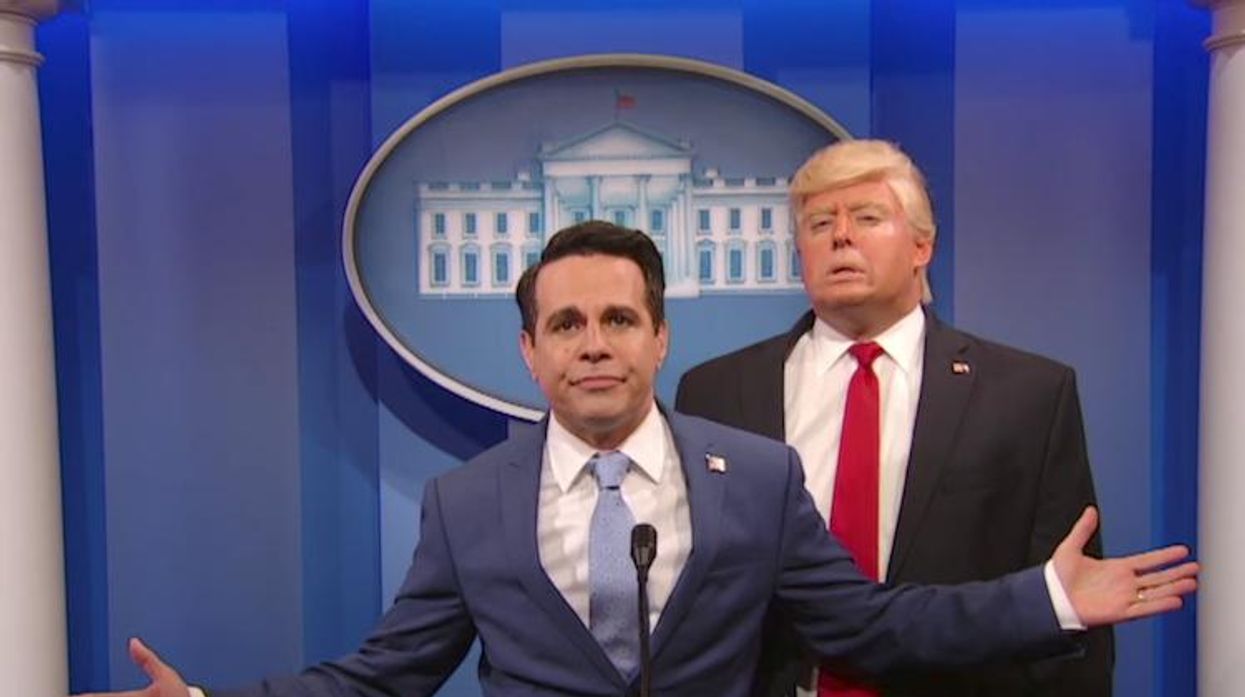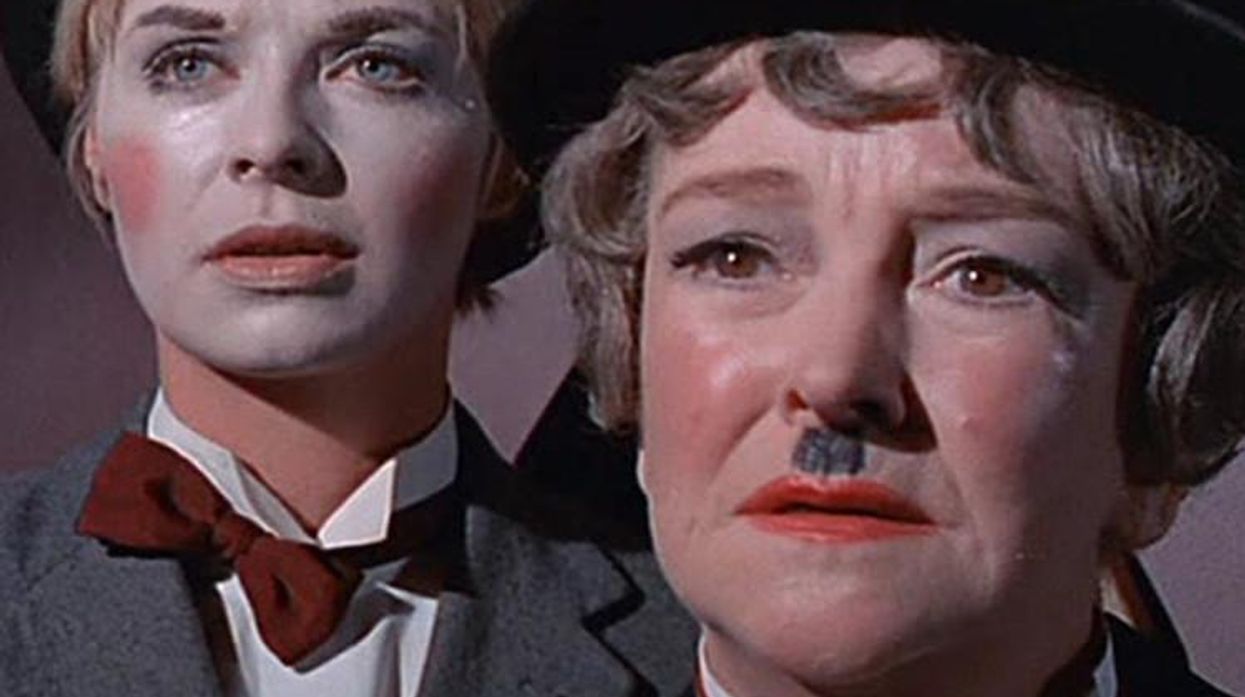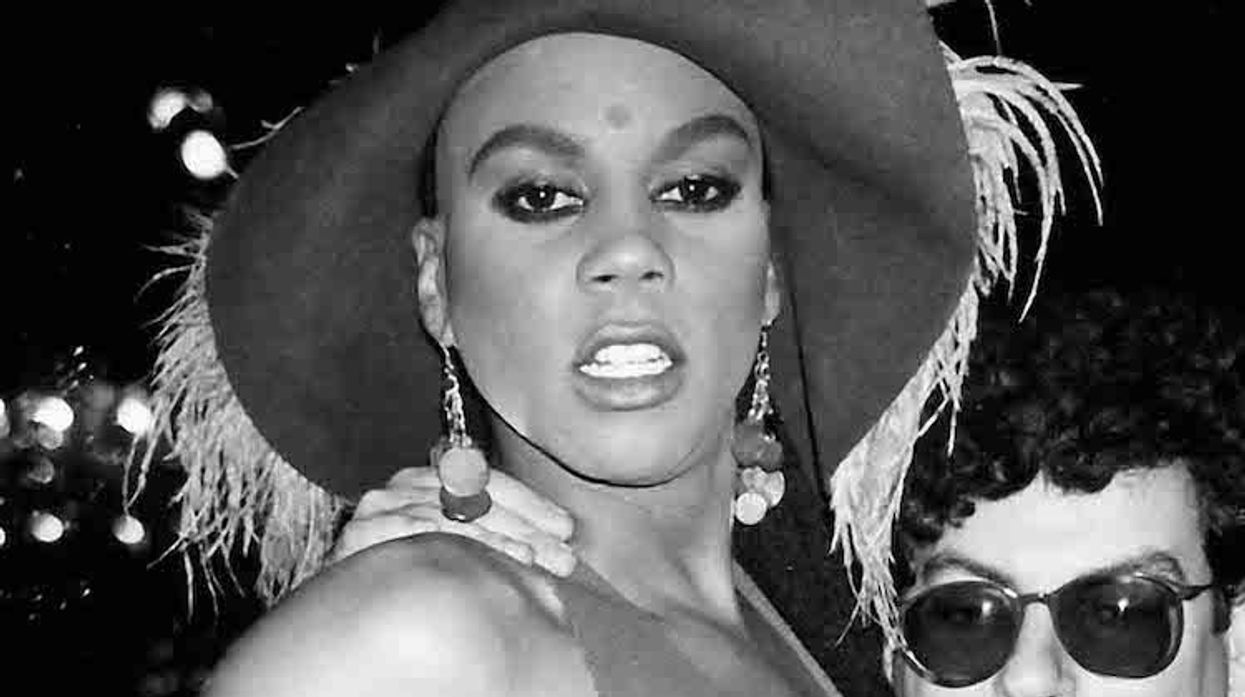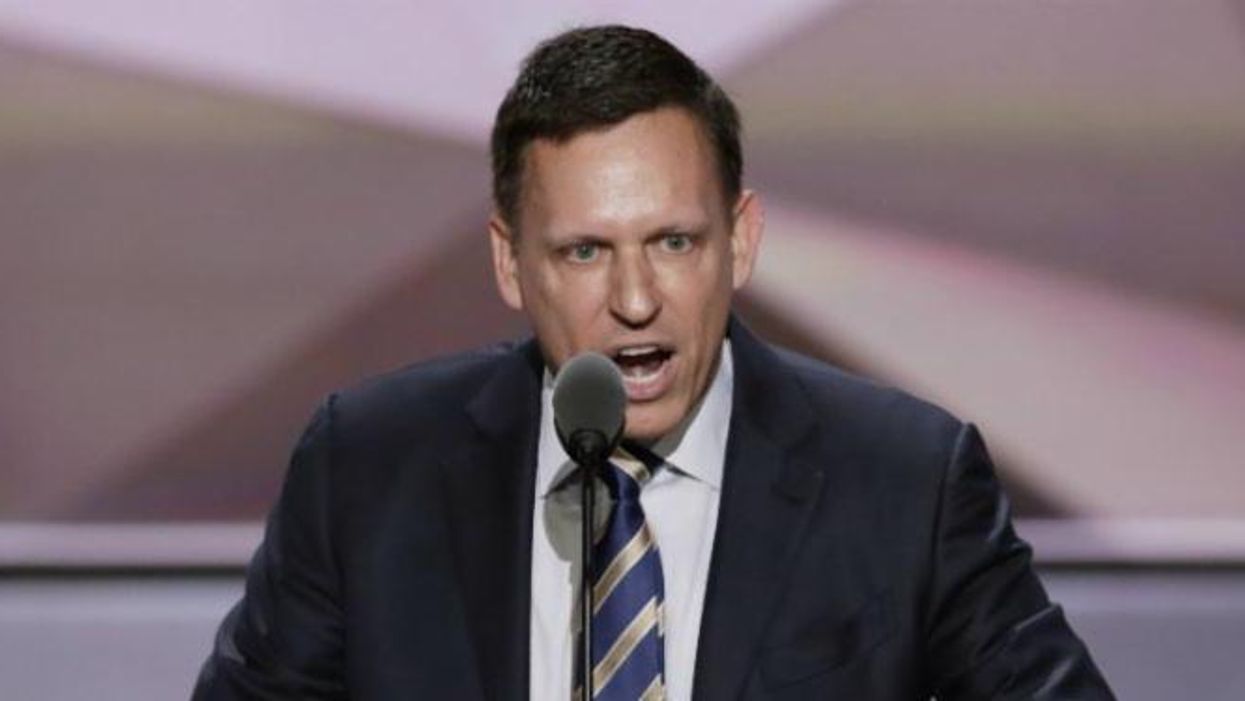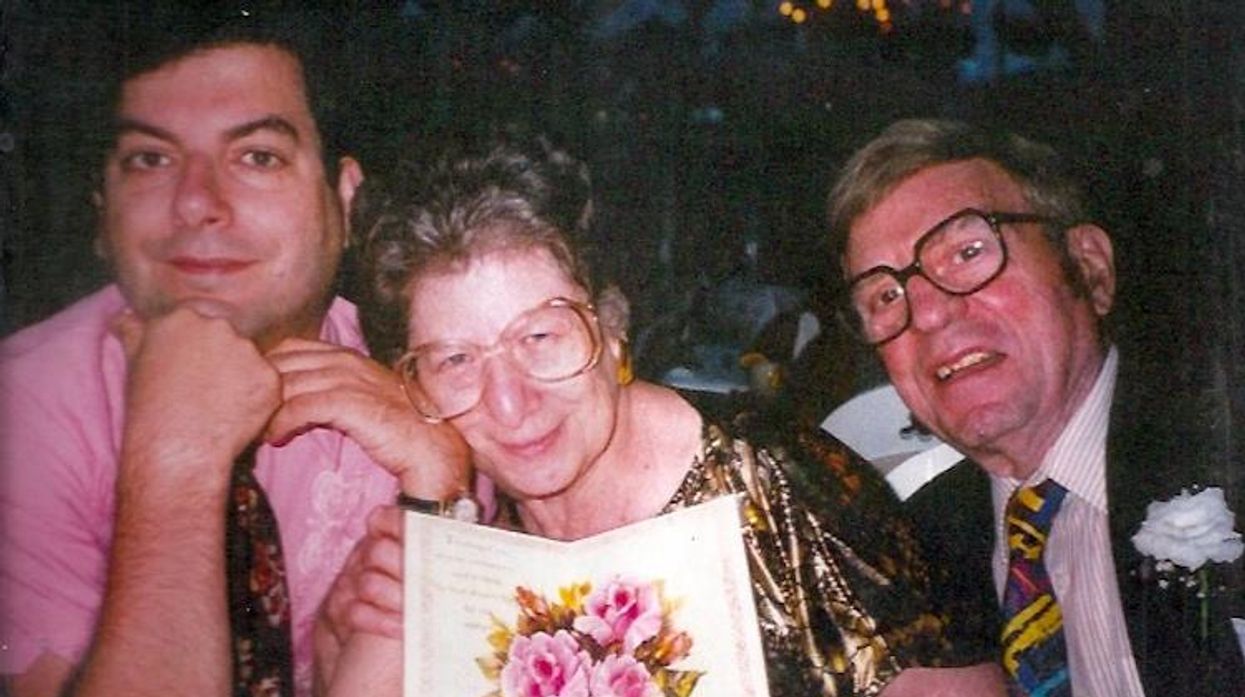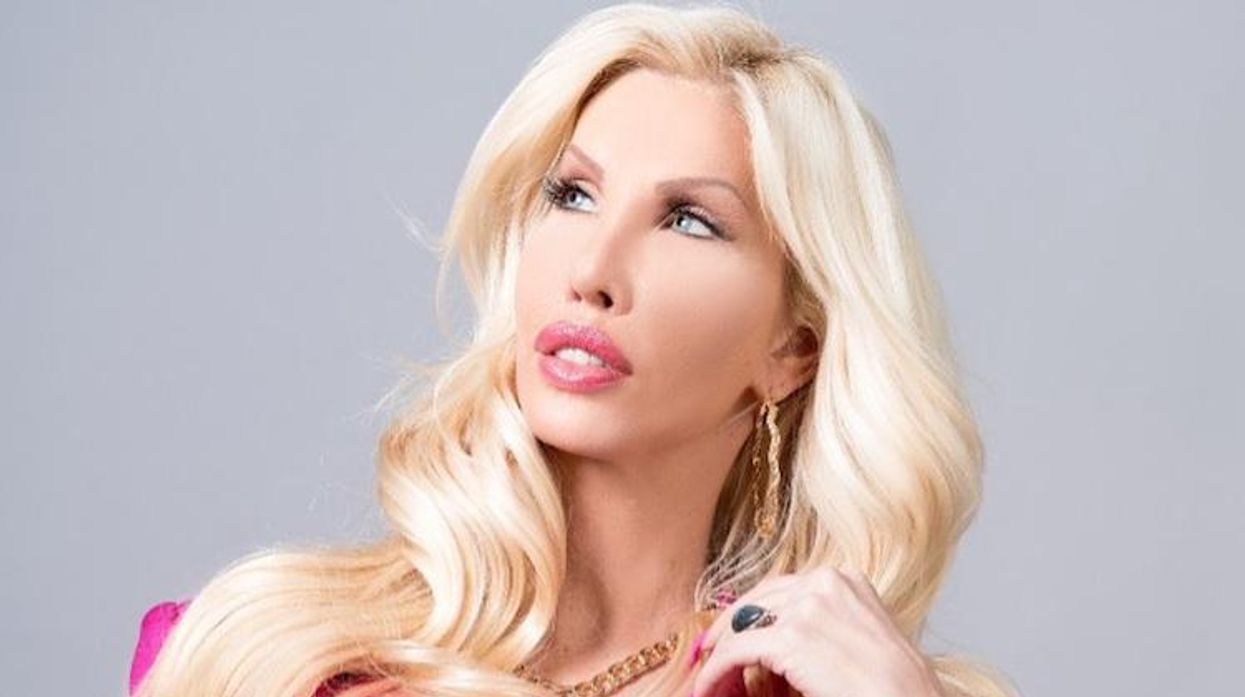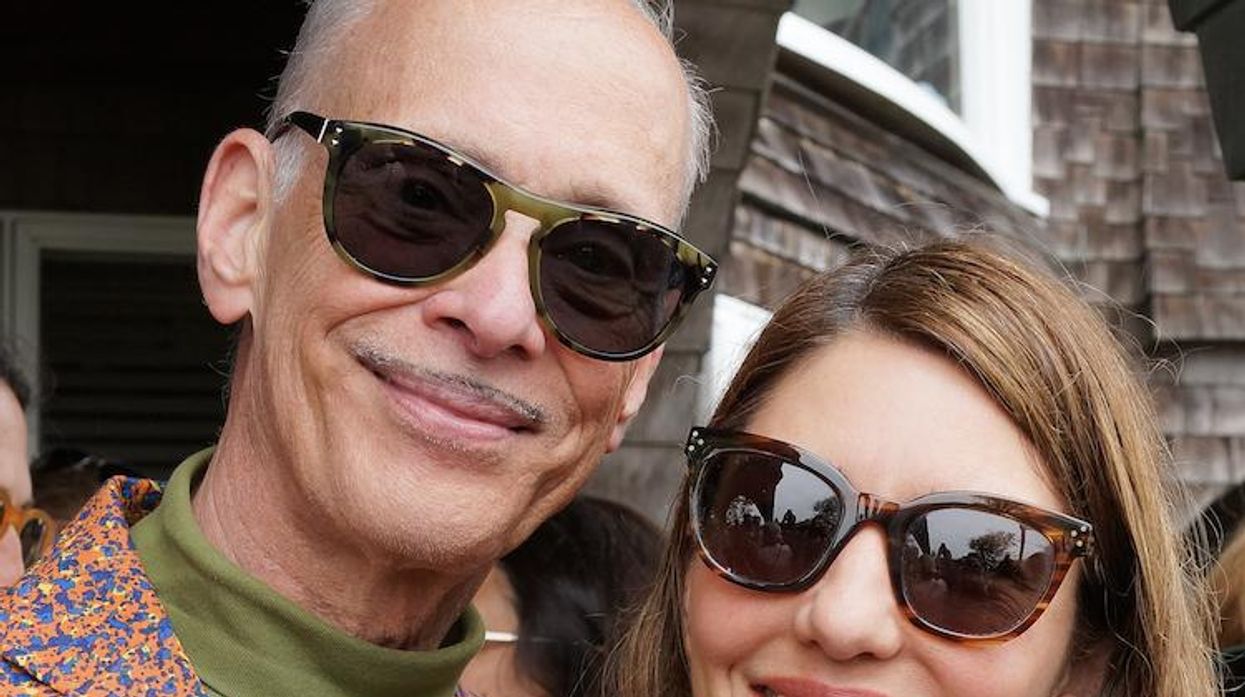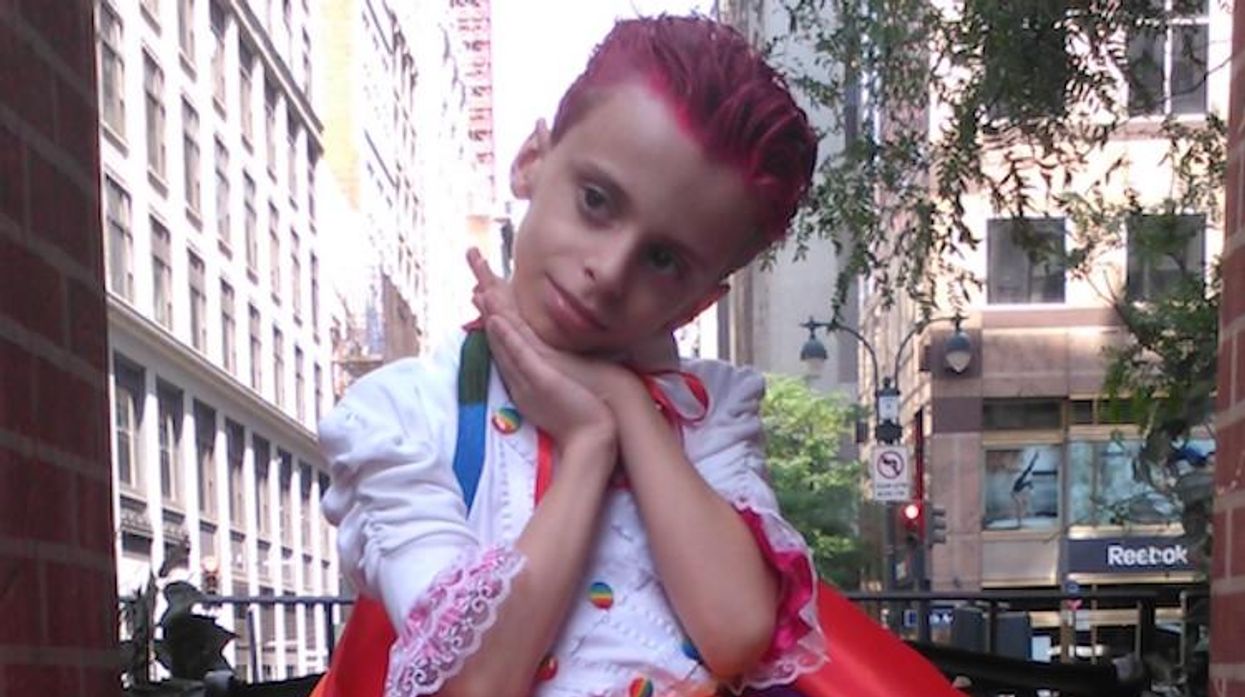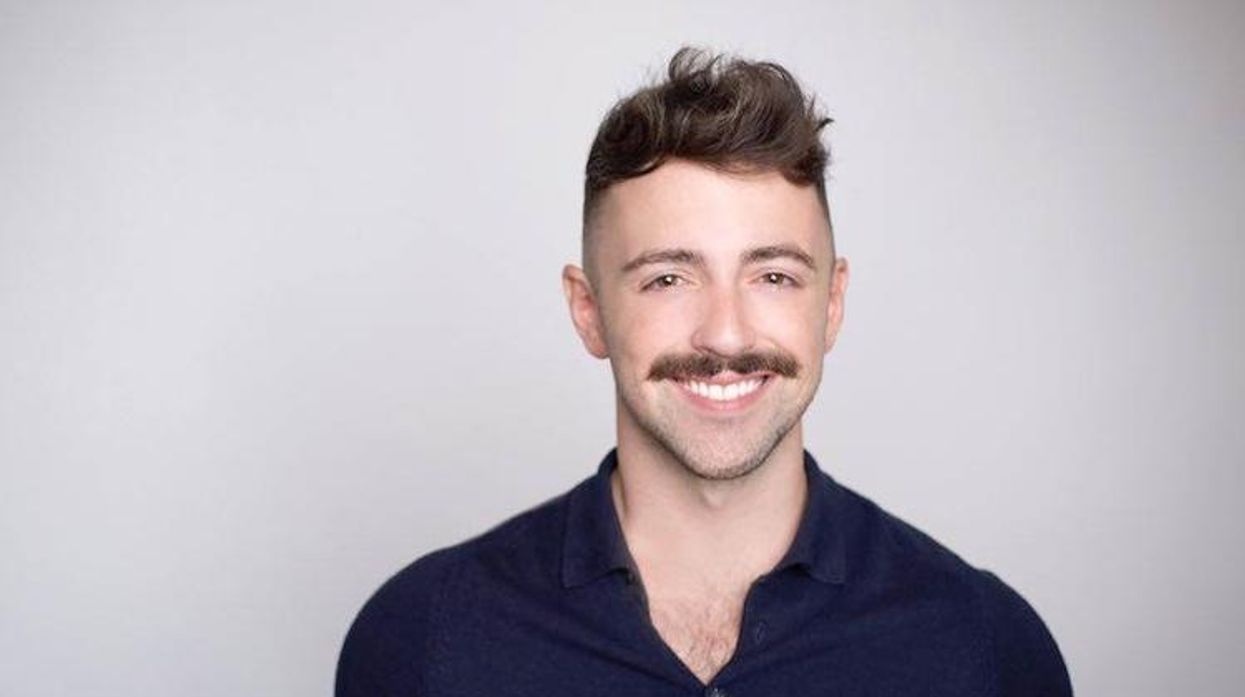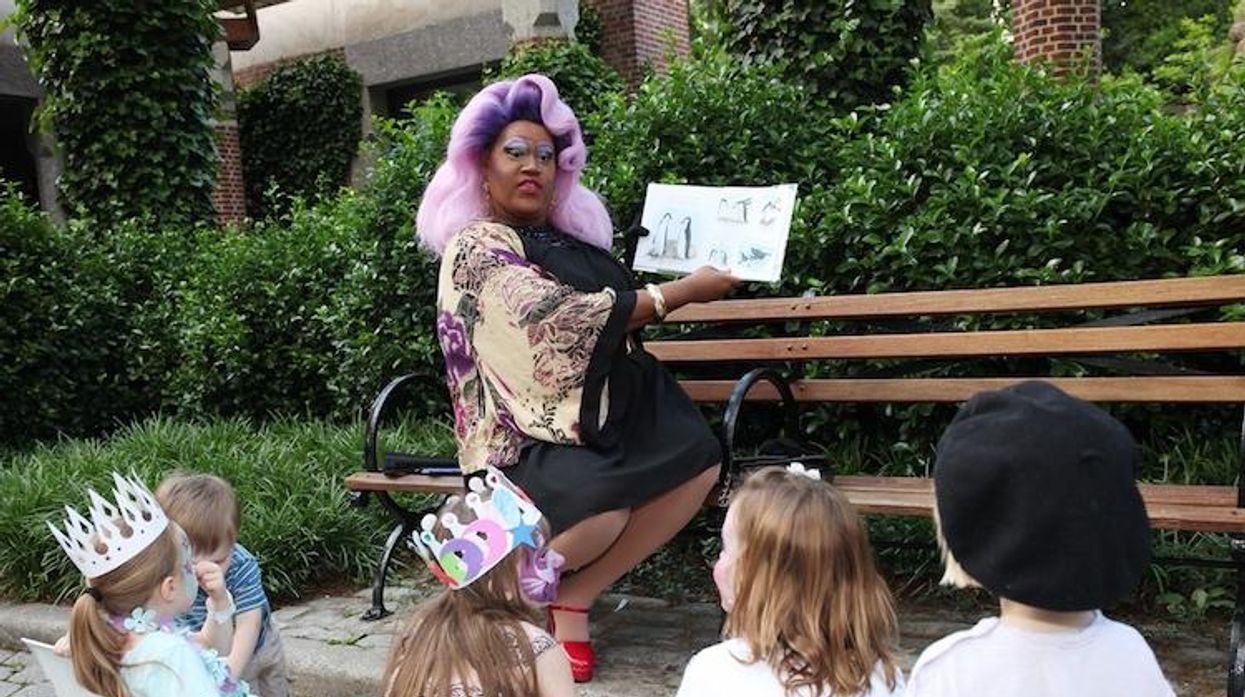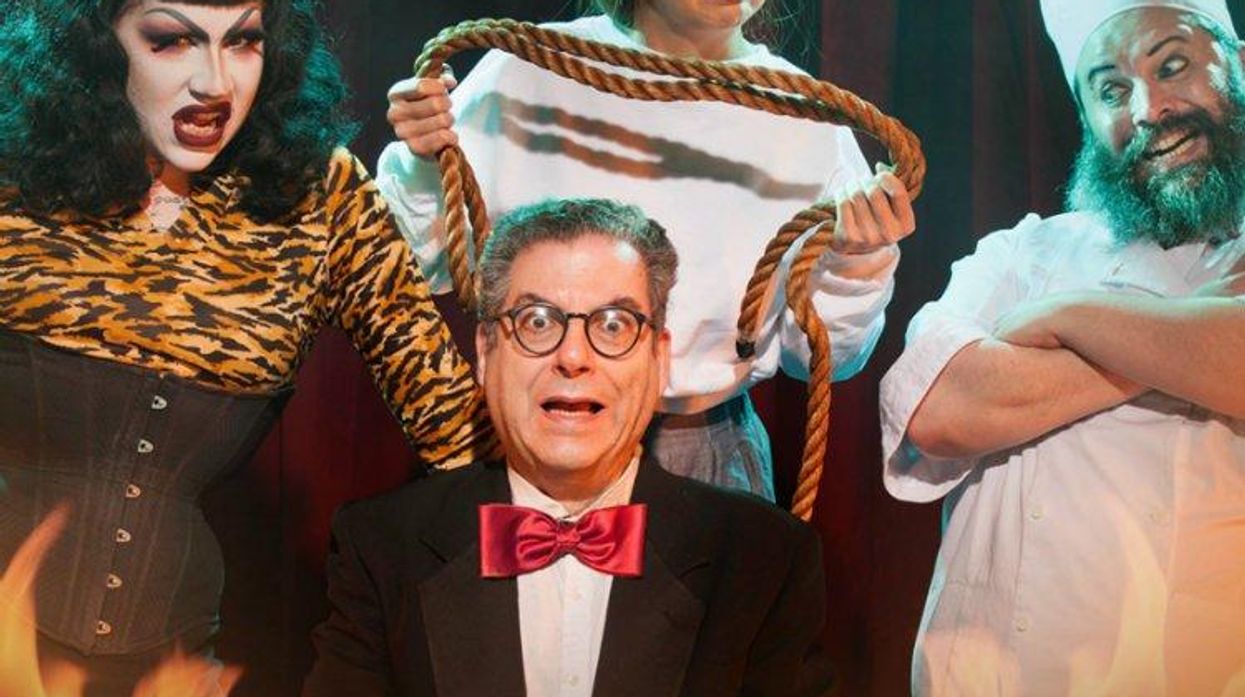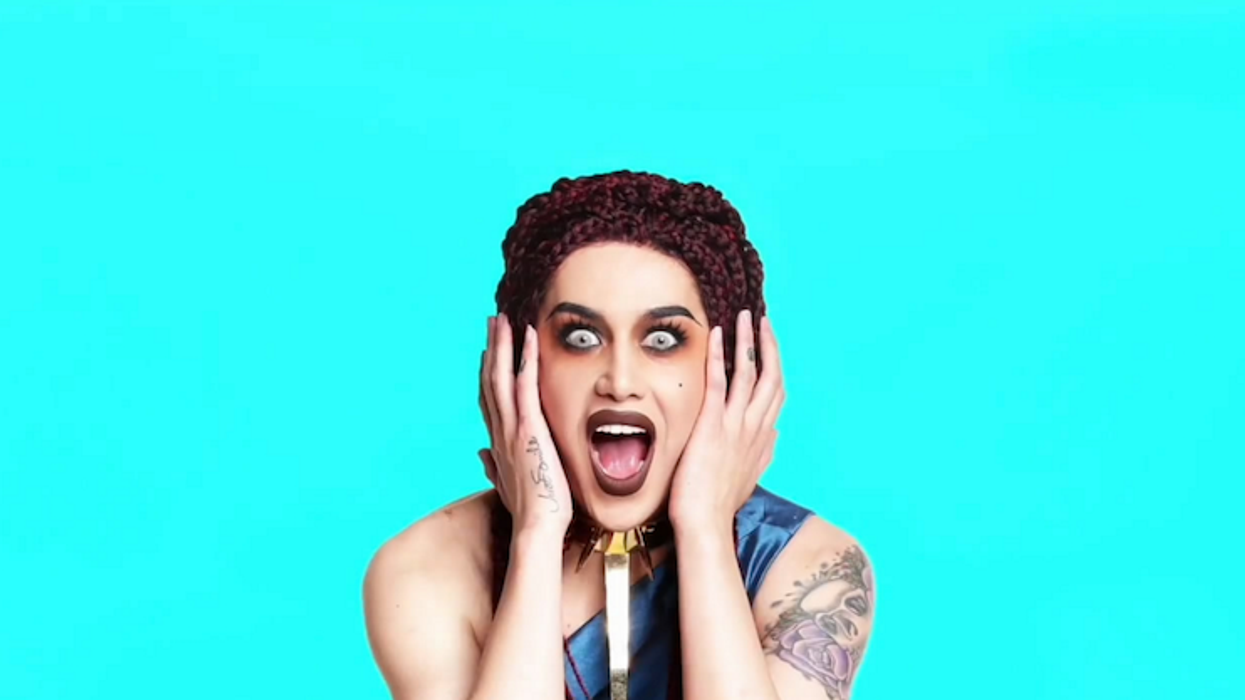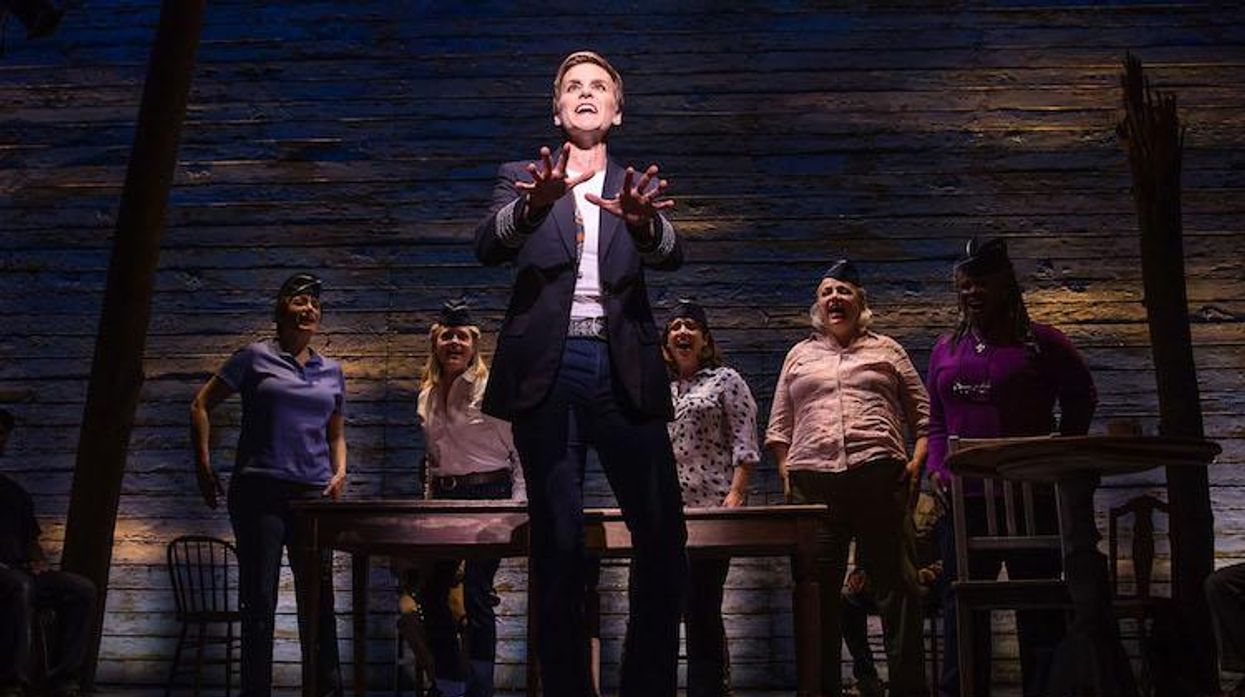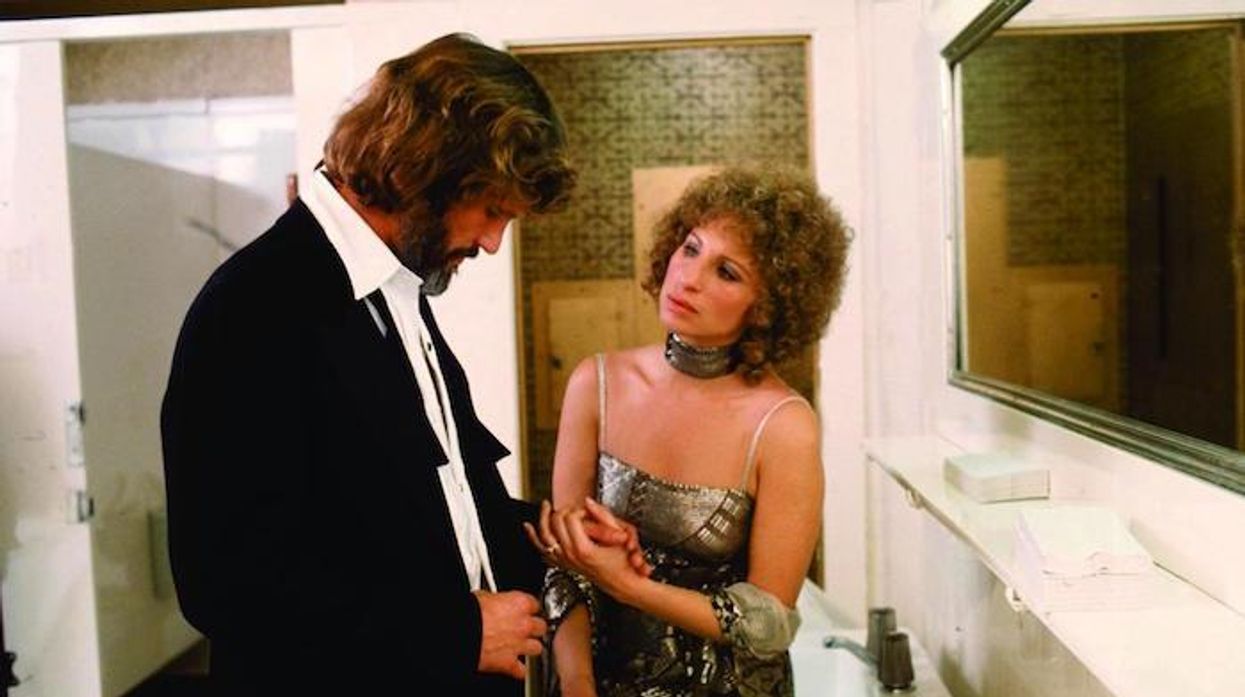In 1973, I was a 17-year-old student who spent weekends with my parents in Brooklyn and looked forward to the wonders of The Mary Tyler Moore Show every Saturday night. Famous from The Dick Van Dyke Show, Mary played Mary Richards, an all-around perfect person and liberated woman who came, without a man, to Minnesota and proceeded to become the central force at WJM TV's news room. In the process, she emerged as a favorite of boss Mr. Grant (Ed Asner), best friend to the amusingly feisty Rhoda (Valerie Harper), and foil to narcissistic anchorman Ted Baxter (Ted Knight), his ditzy girlfriend, Georgette (Georgia Engel), and Mary's haughty landlord, Phyllis (Cloris Leachman).
Related | TV Icon Mary Tyler Moore Dies at 80
The show brought flawed, but lovable characters together into a nouveau family fraught with wit, warmth, and zingers, the cast as perfectly chosen as their words were. And as Mary Richards grew in confidence at the newsroom and in her personal life, so did Mary Tyler Moore develop as an actress, playing each episode with what seemed like increasingly effortless elan. Various supporting players won acting Emmy awards before Mary did because they had flashier, funnier roles, but once everyone realized MTM was the glue on screen (like at WJM), she started copping trophies and increased national acclaim too.
The show's seven-year run only faltered when Harper left for her own sitcom (in 1974) and they tried to pair Mary with Georgette; while girl-next-door Mary and caustic Rhoda were magic together, Mary and addled-brained Georgette just seemed too nice of a duo to be interesting. The show also slipped when tackling serious subjects in a heavy handed manner (like the 1972 episode about Mary battling an anti-Semite), but when it did so with subtlety, the result was devastatingly powerful and game-changing.
Let me explain that at this point, I knew I was gay, but I didn't have any idea what to do about it. Most of the representation I'd seen about gays presented them as grimacing psycho killers, woefully sad victims, or closeted dandies. What's more, a textbook I found had decreed that homosexuality was a mental disorder, making me extra ashamed and nervous about my plight. This was post-Stonewall, but the world still had a long way to go in recognizing any kind of LGBT equality or humanity, and open LGBT representation was severely lacking in volume and scope. There were glimmers of hope, of course. In 1972, I saw commercials for a TV movie called That Certain Summer, with Hal Holbrook as a divorced father exploring his homosexuality, and it seemed sort of positive, presenting a complicated, intelligent adult. Still, I didn't get up the nerve to watch the movie, not convinced it wouldn't show I was heading toward a very dark future.
But since I watched MTM religiously every Saturday, I was a captive audience as they laid the gay on me. And the episode that changed my life in 1973 was called "My Brother's Keeper." I should have known it was going to be even more interesting than usual on learning that the guest star was Robert Moore, who had directed the landmark gay play The Boys in the Band and had costarred with Liza Minnelli in the 1970 film Tell Me That You Love Me, Junie Moon, in which he played a disabled gay man.
In the episode, Moore played Phyllis's composer brother Ben, who came to town for a visit, prompting Phyllis to hope he and Mary would hit it off. But it's Rhoda that he has chemistry with, and they end up spending a lot of time together, as Phyllis fumes, since she thinks Rhoda is a coarse New York vulgarian and not nearly good enough for her cultured bro. It all leads up to a pressure-cooker party at Mary's house, where Phyllis gets worked up into a frenzy, convinced that Ben is going to marry Rhoda. Rhoda assures Phyllis, "Ben and I aren't getting married. He isn't my type." Her pride wounded, Phyllis replies, "What do you mean, he isn't your type? He's witty, attractive, he's successful, he's single..." Responds Rhoda, "He's gay!"
I was floored. I almost plotzed right then and there. It hadn't occurred to me that the guy could be gay--or that if he was, someone would actually say it! Not to mention the fact that it was said in a gleeful, matter of fact, nothing's-wrong-with-this kind of way that was stunning for its time! Even better was Phyllis' reaction: "Oh, what a relief!" Yes, she was thrilled that her brother was gay because it meant he wouldn't marry Rhoda, but still...she was thrilled that her brother was gay!
As the closing credits rolled, I knew I had just seen a half hour that had galvanized me by telling me that gays can be personable, sophisticated people who even divulge their sexuality to others and are still well liked. It said that someone's gay sexuality can be spoken about in public without causing riots, horror, and recriminations. It said it was OK! Those few moments at the end of the episode succeeded in instantly washing away all the warped portrayals of gays that I'd seen, all the crap I'd read, and all the hate I'd heard from people in the neighborhood. I knew I had a future, thanks to Mary Tyler Moore. And ever since then, I've fantasized about throwing my beret in the air as someone sings, "You're gonna make it after all."
A ROSE IS A ROSE IS A ROSE
Another positive role model for me in the gay realm was two-time Tony winning actor George Rose--or so it seemed. The British thesp was a witty dandy who gave sublimely winning performances in shows like The Pirates of Penzance and The Mystery of Edwin Drood. When he played Alfred P. Doolittle in a 1976 My Fair Lady revival, he was so sublime, he was nominated for Best Actor--and won! But there was a dark side to the genius of George Rose. He openly liked "coffee colored boys"--and he did mean boys. Rose was reported to have died in a car accident in 1988, but it was later revealed that he was killed by the Dominican boy he'd adopted (and romanced), along with the kid's father and two others. Rose had been funding the father and son--he basically bought the kid--but when they became anxious for the money promised in Rose's will, they bludgeoned him with a baseball bat for hours, then put him in a vehicle and tried to make it look like a car accident. Still admire and/or envy George Rose?
In a remarkable one-man play, Georgie: My Adventures with George Rose, in the Loft at the Davenport Theatre, actor/writer Ed Dixon does a brilliant job of talking about his friendship with the "unabashed homosexual" Rose, starting with their working together in a show, and continuing through the years, as Rose introduced Dixon to the two mountain lions he kept in his Village apartment; regaled him with hilarious anecdotes and witticisms; and finally, showed him the dark side.
Dixon is priceless as he acts out Rose's assessments of people ("Richard Burton would fuck a snake if he could keep its mouth open [...] I may be the oldest white woman, but Rex Harrison is a fucking cunt"). He also performs snippets of Rose's most joyous stage appearances, lavishing extra praise on the man's Doolittle, which was so joyous (with a flash of rage) that it did manage to make the classic musical all about him.
But the tone changes dramatically when Dixon visits Rose in the Dominican Republic and notices a 12-year-old boy in the back of the car. It was Rose's son/paramour, and Dixon is sick to his stomach as he realizes that. The last part of the show details Dixon's revulsion at the reality behind the witty facade, and his own pangs of guilt for not dredging up the courage to try and intervene.
Dixon holds you in his thrall for the entire 90-minutes and proves not only a great interpreter of Rose's life and work, but a worthy successor to his stage presence. Oh, what a relief!
AND THE CROWN GOES TO...
Photo via @CharlieHidesTV
Let's now celebrate our current icons, who are psychologically healthier, thank Goddess. Remember when I predicted last year's RuPaul's Drag Race winner to win even before they were cast? Well, listen to mama when I say that this time, I'd put my money on Charlie Hides to go all the way; the celebrity impersonator is that talented and hilarious. And of course, I love the NYC entrants too, like belter Alexis Michelleand good-time gal Peppermint. There have been rumors that Peppermint has been transitioning, and when I asked her about it last year, she wouldn't confirm or deny. But Pep did run a photo on Instagram of her holding a silicone breast implant. Hmm. Should they change the name of the show to RuPaul's LGBT Race? Maybe--since, as you'll recall, Carmen Carrerawas a drag queen who realized she was a woman. (After filming the show, she started transitioning.) And Sonique--who is now Kylie Sonique Love--came out as trans after being eliminated. The show is so good, it's transformative.
SOMETHING APPEALING, A "COMEDY" TONIGHT
Also having transitioned, Ken Ludwig's 1989 Lend Me a Tenor--a door-slamming farce about opera divo antics gone awry--has spawned a sequel, Ludwig's A Comedy of Tenors, at the Paper Mill Playhouse in New Jersey. This time, a "three tenors" show in 1930s Paris falls apart due to various mistaken identities, and the comedy depends upon the main tenor (John Treacy Egan) thinking his younger rival (Ryan Silverman) is boffing his wife (Judy Blazer), not his daughter; and also on the arrival of a bellhop who happens to look and sound exactly like...Well, let me not give it away. It's a real stretch, studded with implausibilities, which makes the play threaten to come off like a full-length Here's Lucy episode. But laughs are there, director Don Stephenson never lets the giddy pace lag, and the cast--the original Paper Mill actors reunited--is spirited, especially Egan, who does fabulously with his complex role. Again, I'm so relieved.


